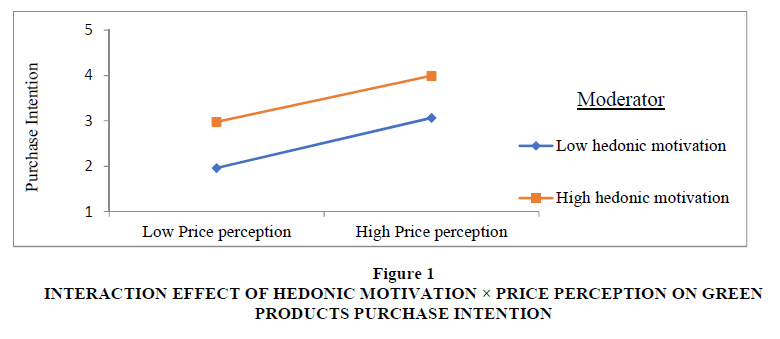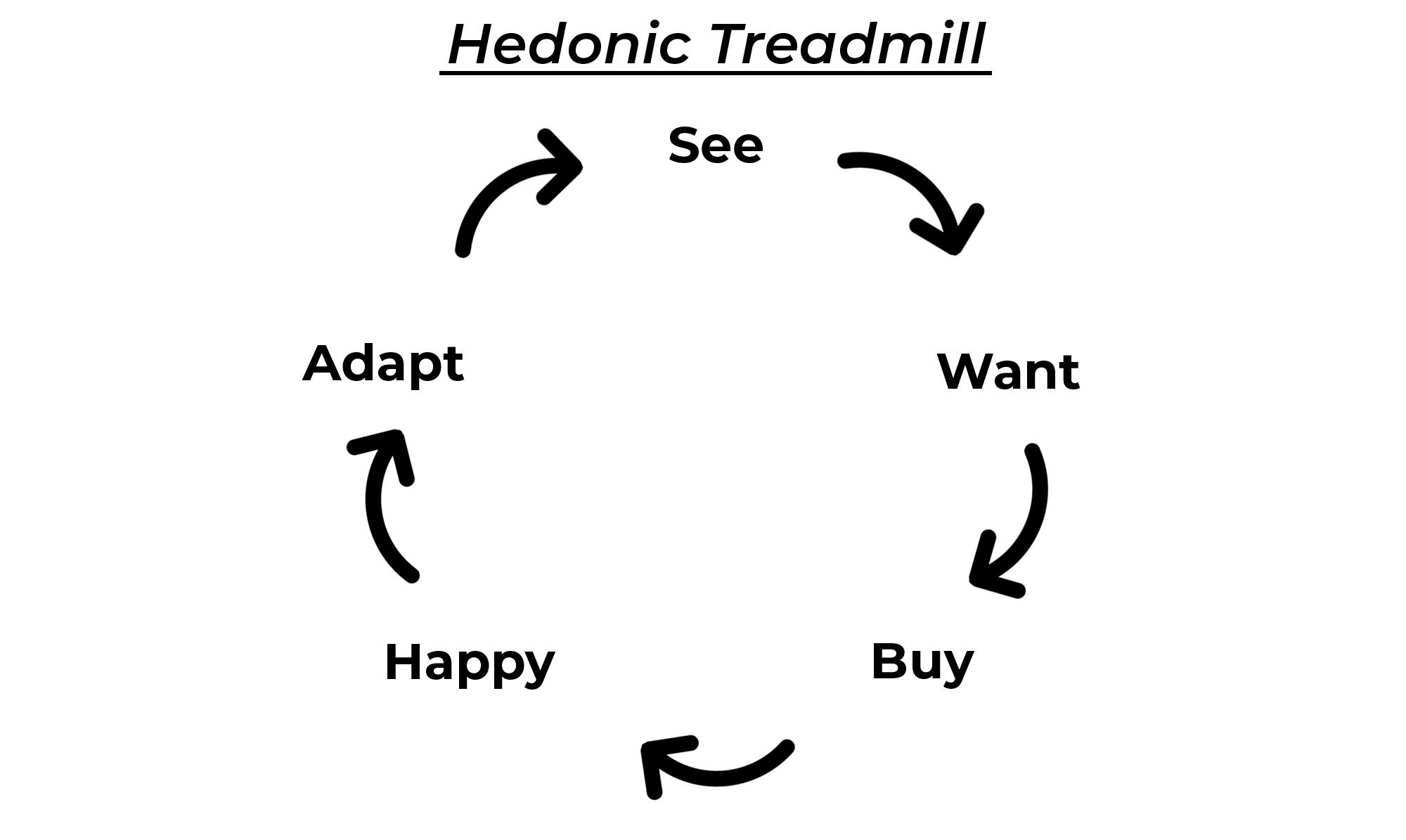
Taking up new activities such as sport or reading a book may be motivated solely by the potential enjoyment that can be derived from them.This can be seen as the pursuit of pain relief or a feeling of pleasure, rather than an activity that is pursued for its own sake and which may perform other important functions to health and wellbeing. Smoking, drunk and drugging – these are all behaviours that are motivated by the avoidance of pain (craving for artificial pleasure).To get a better understanding of hedonic motivation here are some examples of hedonic behaviours: However, this implies an impossible position – you cannot pursue the relief of pain unless you are first pursuing pleasure much as someone without tea cannot be said to be pursuing tea. For example, it might be argued that a drug addict is not pursuing pleasure itself, but the alleviation of pain. Some beliefs about hedonism imply that pleasure can never be pursued for its own sake.

Hedonism, therefore, does not lead to materialism. For example, it might be argued that there is a stronger psychological connection between pain and poverty than between pleasure and wealth there may be more pleasure associated with having a book than owning a car and more pain associated with losing your book than your car. Hedonism and materialism do tend to coincide but they differ in some important respects. Hedonic motivation is often compared to (or confused with) materialism, the pursuit of wealth and possessions. Maslow, in fact, encouraged thinking about human behaviour in positive rather than negative terms. Satisfying basic needs, such as eating and sleeping, can all be seen as hedonic activities.īecause Maslow attributed hedonic motivation to the lowest level of his hierarchy of needs (physiological, safety and security, social belonging, esteem) he is sometimes criticized for underestimating the significance of avoiding pain and seeking pleasure.

Hedonic motivation can be traced to the survival instincts of animals. Hedonism refers to an extreme form of hedonic motivation and is often criticized for being selfish or seeking short-term pleasure at the expense of long-term goals. Hedonic motivation is sometimes referred to as “pleasure” or “satisfaction.” The term was coined by the psychologist Abraham Maslow in his 1943 paper A Theory of Human Motivation. Hedonic motivation is a type of motivation that aims to maximize pleasure and minimize pain, as opposed to eudaimonic.


 0 kommentar(er)
0 kommentar(er)
